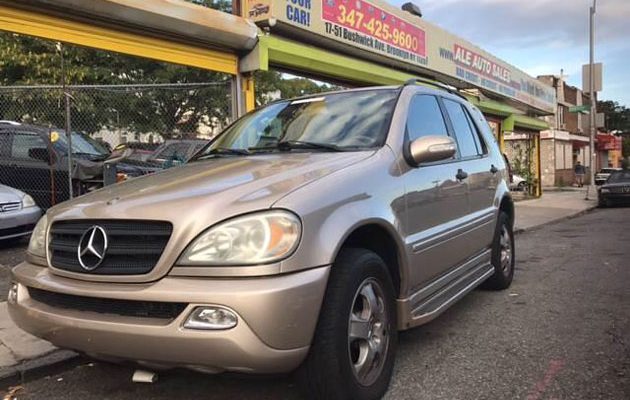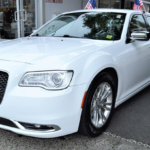NEW YORK, NY – The sub-prime auto loan market, which entails Buy Here Pay Here used car lots granting high-interest loans to high-risk borrowers with exceedingly poor credit has been taking a beating as of late due to the rising rate of auto loan delinquencies, with some people missing payments within mere months of buying their vehicle. Some experts are seeing a disturbing trend arising, mirroring the genesis of the 2006/2007 sub-prime mortgage crisis that essentially, in part, helped tank the U.S. economy into a recession that it’s still struggling to pull itself out of.
Naturally, high-risk loans carry with them an excellent chance of default, which allows the dealership that granted it –acting as a bank, which allows them to approve loans to people that any real bank would turn their noses up to – to swoop in at the first opportunity and repossess the vehicle in question, only to sell it once again…while still attempting to collect from the original owner.
However, in recent years, the number of borrowers defaulting on their sub-prime loans has jumped considerably, causing some in the auto industry to become wary of an unsettling trend that’s been forming, according to a recent article published by the Wall Street Journal:
“More than 8.4% of borrowers with weak credit scores who took out loans in the first quarter of 2014 had missed payments by November,” they said. “That was the highest level since 2008, when early delinquencies for subprime borrowers rose above 9%.”
However, experts are noting that the sub-prime auto loan market as a whole isn’t to blame for the direction that the market is headed; according to a recent Moody’s Investor Services report, much of the responsibility for the overall performance deterioration of the sub-prime backed Asset Backed Securities (ABS) loan market is a result of the huge rise in loans from smaller dealerships/lenders to people who are considered an exceptionally high loan risk due to very poor-to-non-existent credit ratings.
“Since 2010, issuance of US subprime auto ABS has shifted to include an increasing number of transactions from lenders that cater to borrowers with weaker credit scores,” Moody’s Vice President and Senior Analyst Peter McNally said in a press release. “As a result, a greater proportion of the loans in ABS pools have incurred losses, and the average loss rate for US subprime auto ABS deals has risen.”
While heart rates are fluttering over the sweeping changes in the sup-prime ABS sector, it’s important to note that failing high-risk auto loans to borrowers with poor credit, while never a good thing for the overall economy, will nonetheless never have the same devastating effect on the country as caused by when the housing bubble burst, causing the national recession that swept the economy into the gutter; at less than one trillion dollars, the automobile loan market as a whole is a far cry from the ten trillion dollars that the housing market boasted at the time of the mortgage crisis.
However, that’s not stopping the wave of negative publicity that’s sweeping the industry, negativity that is bleeding over into the media. But some of that worry is unwarranted, as larger, more reputable loaners tend to shy away from granting loans to customers who possess credit scores under 600 or worse, and Moody’s notes that the overall larger sub-prime lender market is performing consistently within the agency’s expectations.
“Most sub-prime auto ABS transactions that we rate, namely those sponsored by AmeriCredit and Santander, are experiencing losses lower than or consistent with our initial expectations,” Moody’s said.
Still, the sub-prime auto loan market will always consist of shaky ground when there are lenders that take advantage of a system that is supposed to be geared towards helping people with money problems get behind the wheel of a vehicle could, in turn, allow them to travel to better employment opportunities. Instead, according to New York Department of Consumer Affairs Commissioner Julie Menin, while many lenders do business the right way, the ones that don’t are not only causing undue stress on an industry that is already feeling strain, but hurting destitute families as well.
“Studies show that subprime loans, which have been blamed for the country’s mortgage crisis, are growing at a staggering rate of more than 130% since the financial crisis,” she said. “For many families, especially those with low incomes, a car is one of the biggest purchases they make, and, if they are looking to a subprime loan, it’s because they are already struggling financially.”




